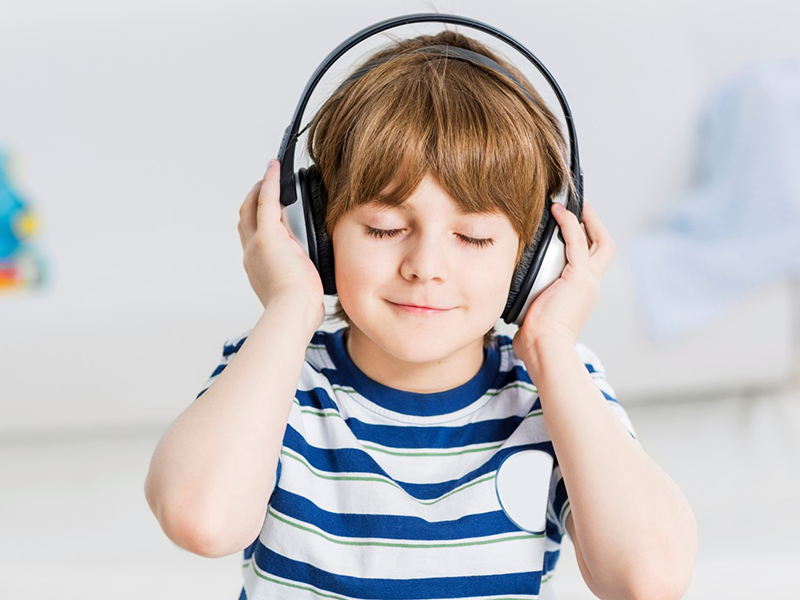
What is Auditory Processing Disorder?
Patients with APD are diagnosed with normal hearing. However, the problem is that they have difficulty recognizing the differences between sounds in words, even when the sounds are loud and clear enough to be heard. If you think your child has APD only an Audiologist is qualified to diagnose APD.
Signs of Auditory Processing Disorder
- Easily distracted or unusually bothered by loud or sudden noises
- Behavior and performance improve in quieter settings
- Difficulty following verbal directions, whether simple or complicated
- Difficulty with reading, spelling, writing, or other speech-language
- Are verbal (word) math problems difficult for your child?
- Disorganized and forgetful
- Conversations are hard to follow
Testing Requirements
- Child must be at least 5 years old
- Child must be verbal
- Normal hearing
APD Accommodations/ Treatment
- Reduce background noise whenever possible at home and at school.
- Have your child look at you when you're speaking.
- Use simple, expressive sentences.
- Speak at a slightly slower rate and at a mildly increased volume.
- Ask your child to repeat the directions back to you and to keep repeating them aloud (to you or to himself or herself) until the directions are completed.
Hearing assistive technology (HAT)
- Hearing aids and remote microphone—Provided by your audiologist. Slight amplification is provided to the child through the use of hearing aids accompanied by remote microphone technology to improve the signal-to-noise ratio.
- FM system—Provided by the school. The child will wear headphones which will provide the child with amplification of the teacher or instructor’s voice and improve signal-to-noise ratio.
- Roger Focus—Provided by your audiologist or school. Digital microphone system. Personal receivers, which the child will wear, will be connected via Bluetooth to a remote microphone system, that the teacher or instructor will wear. The microphone system will transmit the signal to the child’s ears and improve the signal-to-noise ratio.
At School
It's important for the people caring for your child to know about APD. We work with the schools to provide them with information about your child’s APD issues and how they may affect learning. Children with APD aren't typically put in special education programs, but you may find that your child is eligible for a 504 plan through the school district that would outline any special needs for the classroom.

Clear Choice Hearing & Balance Offers:
- Complete Diagnostic Hearing Evaluations (to assess the type and degree of hearing impairment)
- Hearing Instrument Selection & Fittings (advanced digital & computer programmable technology)
- Tinnitus diagnosis and treatment
- Adult Auditory Processing Disorder diagnosis
- Comprehensive Hearing Evaluations for Children
- High-fidelity Custom Ear Plugs, Ear-level monitors for musicians, Hearing Protection for firearms use & Swim Plugs for all ages
- Hearing Protection/Conservation Devices
- Assistive Listening Devices (for noisy environments, TV and telephone use)
- Community Outreach Programs & Presentations
- Repairs for all makes and styles of hearing aids

